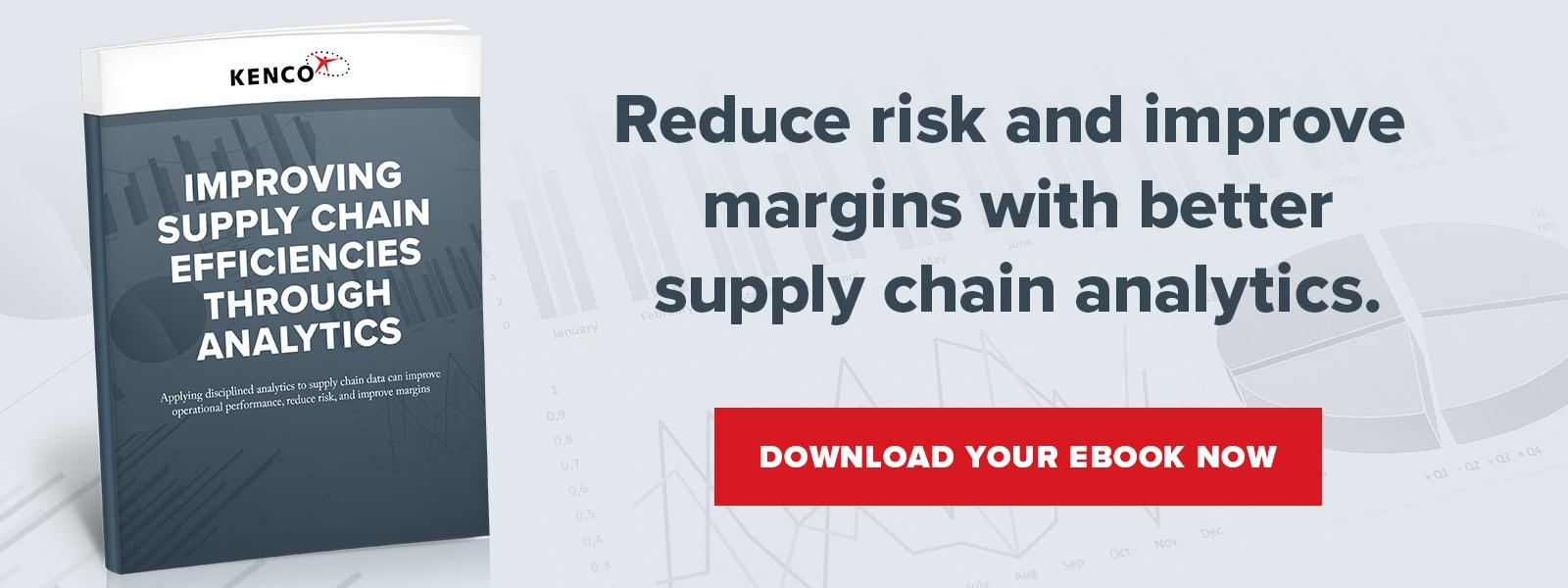Any student (or person in a book club) who's ever faced down a looming book report knows the power of CliffsNotes: a special series of summaries for popular titles that condense the book's main points into easy-to-digest highlights and insights — a tool to help people better understand the literature.
While you should have read the book in its entirety, the deadline for the report might have outpaced your reading speed, a risk that could have left you - quite literally - speechless when it came time to share your report.

Even if you had read the book, there was no guarantee you would remember the entire story while writing the report, or even that you completely understood the narrative of the characters.
Those valuable summaries and insights reminded you of important points and helped to highlight important growth and development throughout the story, and for people to make sense of "The Greats," they were a priceless guide.
Similar to those Cliffs Notes, analytics help you navigate "book report" mode in the work world.
Answering the What
Everything in your company - every improvement effort, every assessment, every elimination - starts with an honest snapshot of where your goods, processes, and outlook currently stand. Analyzing your metrics, provided they are current, correct and topical, give you an easy way to look at the picture.
The "What" - the question of what your company is currently capable of versus where you'd like to be, will give you a goal. This firm, numerical "window" can be shared with both ground-level staff and management in the C-suite: it helps everyone work toward a common goal and helps eliminate miscommunication.
Answering the When
The only thing more important than a well-defined goal is a well-defined timeframe in which to make it happen. Analytics will give you a sound idea of past performance in a given period, allowing you to set a "base" expectation for the same period, albeit equipped with new ideas and techniques.
This will produce a set of data points and observations that you can compare apples-to-apples with the previous operational period — allowing your team to more accurately measure growth or the efficacy of a particular new method within your warehouse or supply chain.
Answering the How
Once you've figured out what you want to do and how quickly you want it done, hashing out a workable strategy is the next step. Things like production capacity analytics will let you know if you're aiming beyond what your staff is capable of, and show you areas where surpluses - either material or staff-based - are available to assist the effort, if necessary.
Just as useful for ruling strategies out as finding the best one, analytics level the playing field and prevent "analysis paralysis" by delivering concise, useful data that points to an optimal solution.
In the Field and On the Chain
Analytics aren't just important for internal company processes, either. Introducing transparency and sharing analytics within your supply chain can help vendors and raw material suppliers alike time their shipments to correspond with your historically busy times.
A well-informed supply chain moves smoothly, ultimately reducing overage in orders or shortages of supply that ripple through to the end consumer's satisfaction levels. When proposing attractive contract terms or partnerships with third party services, analytics can offer a vote of confidence that you're not just successful-looking at the negotiation table; you have the long term numbers to back up your assertions.
Meanwhile, in your facilities, technology bends ever further in the direction of interconnected processes. Analytics inform and dictate the best ways for your company to interact with new, innovative structural concepts like the internet of things. When your devices help power your findings, and your findings confirm you're using the correct devices, you'll enjoy a feedback loop that pushes out the unnecessary, following the lines of lean business practices and ultimately saving your company operating capital for reallocation.
Everything from warehouse worker schedules to months-in-advance overseas material orders can develop more intelligently with the clear guidance of analytics.
Can Numbers Really Do All That?
Numbers alone - raw data, unparsed and unexamined - simply can't offer these important benefits.
When each new set of input needs to be combed through to search for a common thread or massaged for a useful conclusion, burnout from on-the-spot mental gymnastics won't be far behind.
Analytics in your supply chain is the CliffsNotes of how your company is performing; a valuable resource that highlights the important parts and sets the rest aside. Setting them up and using them regularly will help you perform your job better, freeing up your former research time to get more important work done.
For an even deeper dive into what analytics can do for your data, check out our eBook.
If you're ignoring your data and only "tuning in" when there's a huge uptick or dip in numbers, you're doing your company and your team a disservice. Look into the analytics recommended for your industry and inter-company niche and see what it would take to automate the data-gathering process.
The chances are this little effort will have a very big payoff, and best of all, analytics is a language that everyone can speak — your staff, your management team, and even your supply chain vendors.
Imagine if every decision you recommended was based on solid fact and intelligent numbers — that's the kind of accuracy that your company will love you for.



